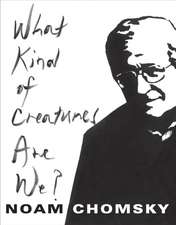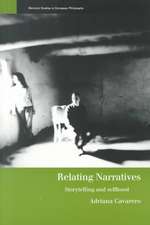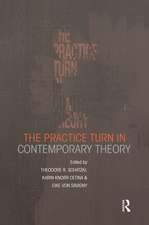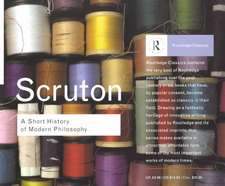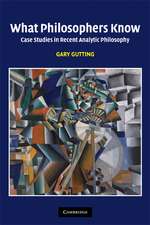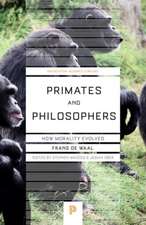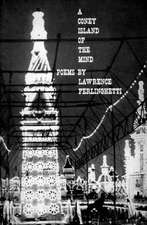Dilemmas: The Tarner Lectures 1953: Cambridge Philosophy Classics
Autor Gilbert Ryleen Limba Engleză Paperback – 6 oct 2015
Din seria Cambridge Philosophy Classics
-
 Preț: 141.24 lei
Preț: 141.24 lei -
 Preț: 132.78 lei
Preț: 132.78 lei -
 Preț: 134.83 lei
Preț: 134.83 lei -
 Preț: 135.87 lei
Preț: 135.87 lei -
 Preț: 136.61 lei
Preț: 136.61 lei -
 Preț: 146.78 lei
Preț: 146.78 lei -
 Preț: 135.47 lei
Preț: 135.47 lei -
 Preț: 171.54 lei
Preț: 171.54 lei -
 Preț: 141.24 lei
Preț: 141.24 lei -
 Preț: 143.06 lei
Preț: 143.06 lei -
 Preț: 136.06 lei
Preț: 136.06 lei -
 Preț: 133.83 lei
Preț: 133.83 lei -
 Preț: 169.55 lei
Preț: 169.55 lei -
 Preț: 175.85 lei
Preț: 175.85 lei -
 Preț: 138.15 lei
Preț: 138.15 lei -
 Preț: 152.78 lei
Preț: 152.78 lei - 11%
 Preț: 552.60 lei
Preț: 552.60 lei -
 Preț: 214.96 lei
Preț: 214.96 lei - 11%
 Preț: 568.81 lei
Preț: 568.81 lei
Preț: 131.09 lei
Nou
Puncte Express: 197
Preț estimativ în valută:
25.09€ • 26.09$ • 20.71£
25.09€ • 26.09$ • 20.71£
Carte disponibilă
Livrare economică 24 martie-07 aprilie
Preluare comenzi: 021 569.72.76
Specificații
ISBN-13: 9781107534193
ISBN-10: 1107534194
Pagini: 120
Dimensiuni: 602 x 228 x 97 mm
Greutate: 0.17 kg
Editura: Cambridge University Press
Colecția Cambridge University Press
Seria Cambridge Philosophy Classics
Locul publicării:New York, United States
ISBN-10: 1107534194
Pagini: 120
Dimensiuni: 602 x 228 x 97 mm
Greutate: 0.17 kg
Editura: Cambridge University Press
Colecția Cambridge University Press
Seria Cambridge Philosophy Classics
Locul publicării:New York, United States
Cuprins
Preface to this edition Barry Stroud; 1. Dilemmas; 2. 'It was to be'; 3. Achilles and the tortoise; 4. Pleasure; 5. The world of science and the everyday world; 6. Technical and untechnical concepts; 7. Perception; 8. Formal and informal logic.
Recenzii
'The great merit of this book is that it grasps philosophical problems at that critical stage when they are just casting off their connexions with everyday life, just about to launch on their long academic flight, and that it attempts to deal with them then and there, before they can become airborne. Brisk, homely and almost practical, it really challenges everyone to try to be his own philosopher … the peculiar, penetrating simplicity of this kind of philosophy is exceedingly hard to achieve.' The Times Literary Supplement
Notă biografică
Descriere
This book shows that the conflicts that arise from everyday ways of thinking are not dilemmas as they appear to be.



